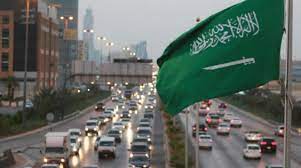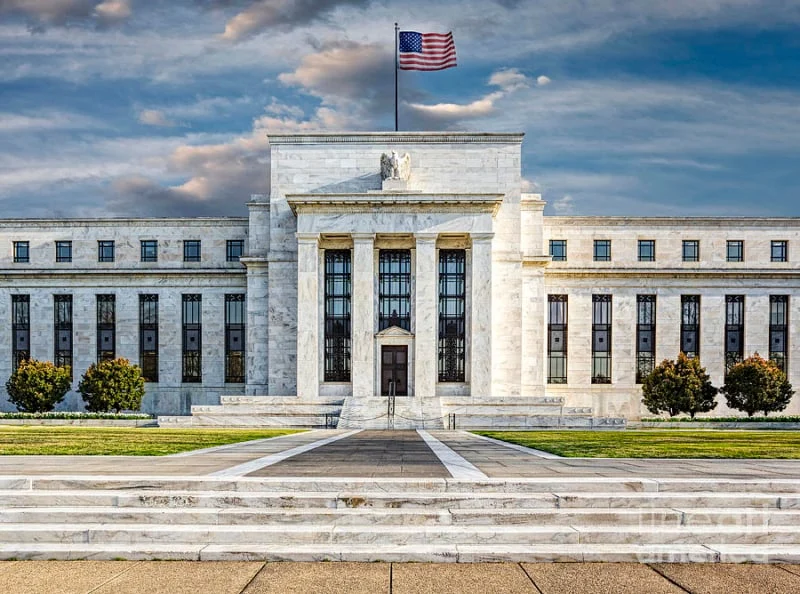Publisher: Maaal International Media Company
License: 465734
Saudi non-oil sector activity in declined in July
A survey showed today, Thursday, that the activity of the non-oil sector in Saudi Arabia declined in July, after production jumped to its highest level in several years in the previous month, with the slowdown in the growth of new orders.
According to Reuters, the seasonally adjusted purchasing managers’ index for Riyad Bank fell to 57.7 in July from 59.6 in June, its lowest level since December 2022, although it remained above the long-term average.
The new orders sub-index indicated a sharp slowdown in growth, reaching 63.1 points in July from 69.5 in June, marking the slowest pace of growth this year, despite continued demand.
اقرأ المزيد
Total production remained similar to its levels in June, and the largest growth came in the construction and manufacturing sectors
“The effects of tightening monetary conditions began to be felt slightly in the Kingdom’s private sector in July after a strong performance in the first half,” said Nayef Al-Ghaith, chief economist at Riyad Bank, adding that a slowdown is expected.
“Moreover, the high cost of capital and intense competition pressures are factors that impede the expansion of new business,” Al-Ghaith added.
The Saudi Central Bank raised the rate of the repurchase agreement (repo) to 6% and the rate of the reverse repo agreement (reverse repo) to 5.5%, by 25 basis points, in line with the latest interest rate hike. The American Central Bank has it, as the Saudi riyal is pegged to the dollar.
Business optimism in July also eased from the previous month, as some concerns focused on increased competition for new orders.
The decline in oil activities affected GDP growth, which fell to 1.1% in the second quarter, according to government estimates, but non-oil activities grew by 5.5%, and growth is likely to be mainly driven by the private sector.








